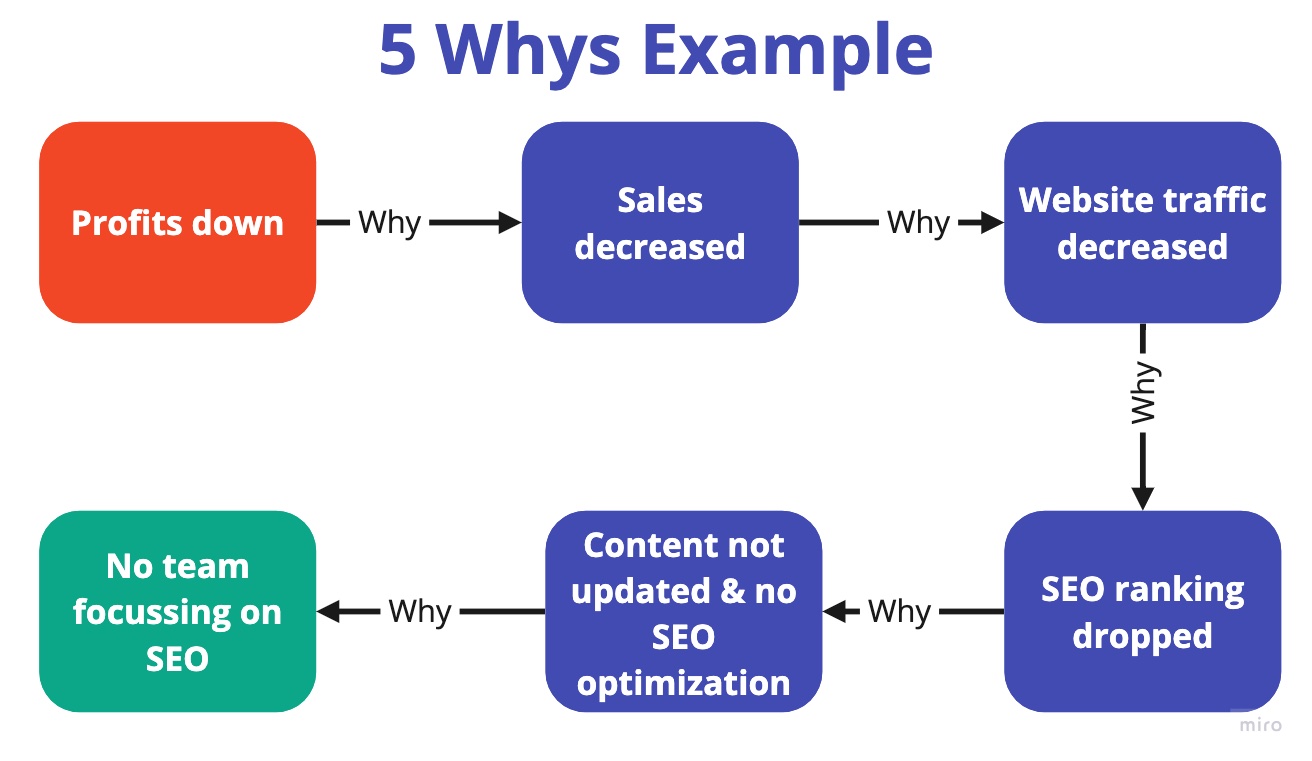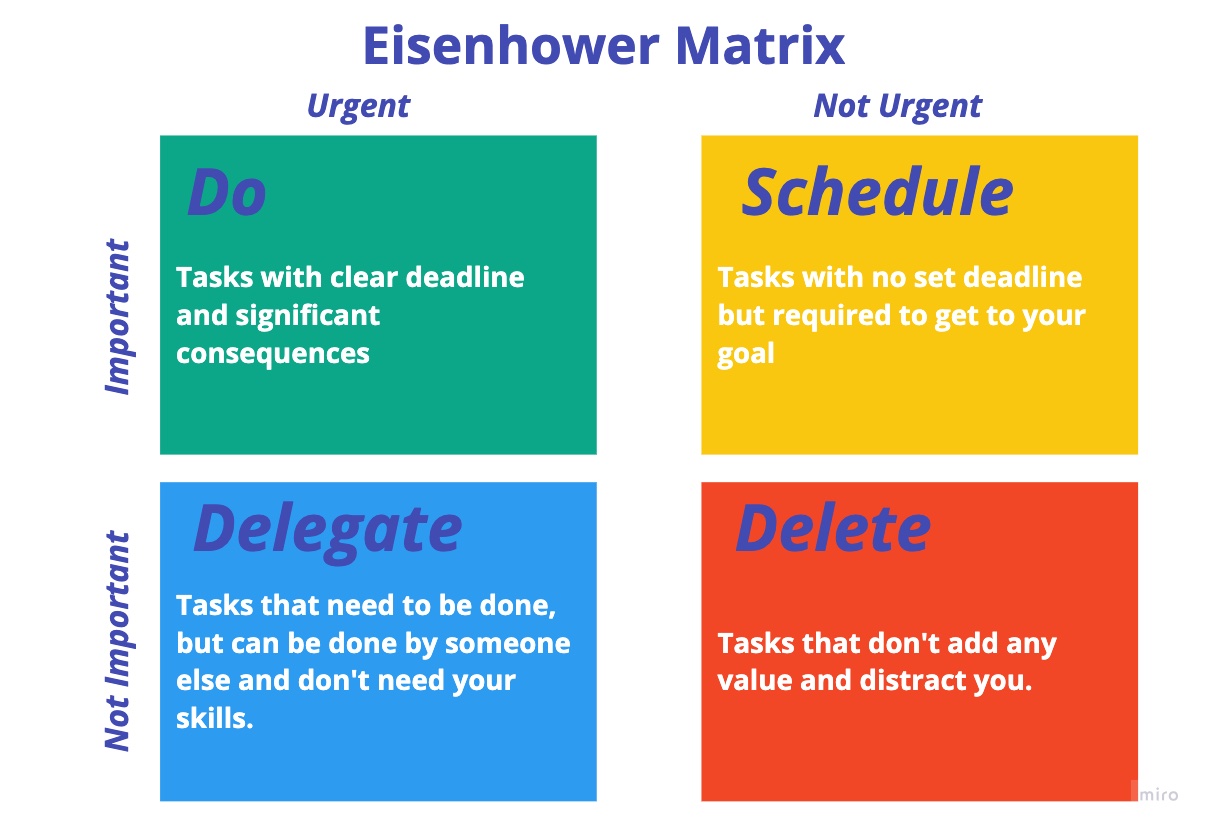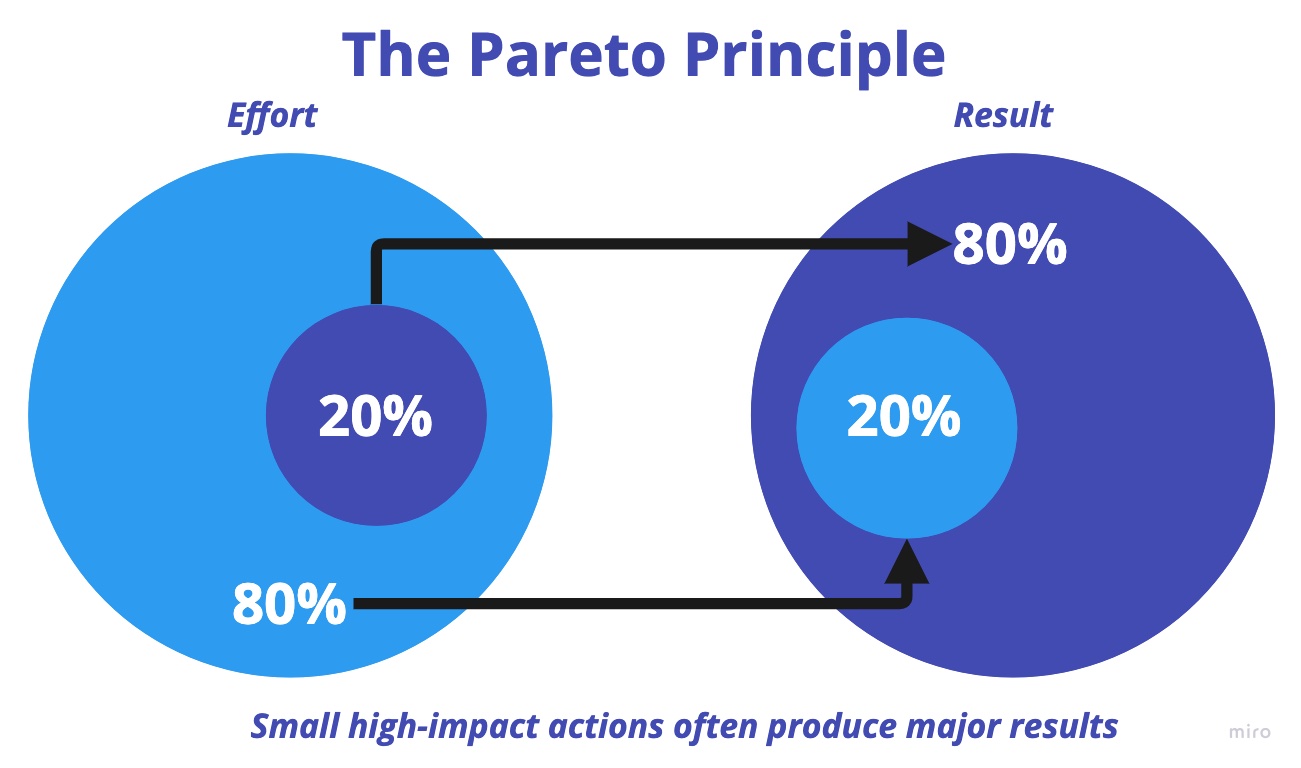- Published on
How to get good at decision-making using psychology and frameworks
- Authors

- Name
- Parminder Singh
The ability to make quick and effective decisions is a critical skill. Many of us struggle with indecision, leading to missed opportunities, increased stress, and stagnating progress. In this article, we'll dive into the psychology of effective decision-making and share some proven decision making frameworks to empower you to become good at decision-making.
Why are we indecisive?
Indecision arises from a complex set of psychological factors and cognitive processes.
Fear of making mistakes This fear can be so overwhelming that it paralyzes decision-making capabilities. The potential negative consequences of a decision can loom larger in one's mind than the benefits, leading to a state of inaction. This fear often stems from a combination of psychological factors, including past experiences, perfectionism, and the anticipation of negative outcomes.
Overwhelmed by choices In his book The paradox of choice psychologist Barry Schwartz introduces this concept and suggests that having too many options can lead to decision paralysis. When faced with numerous choices, individuals may feel overwhelmed, fearing that making any decision will lead to missing out on better options.
Perfectionism Perfectionists often seek the best possible outcome and may believe that there is one right choice among many. This belief can cause excessive deliberation and a reluctance to make a decision that may be deemed imperfect.
Cognitive Biases Various cognitive biases influence indecision. The status quo bias is a preference for the current state of affairs, leading individuals to avoid making decisions that could change their situation, even if the change could be beneficial. Confirmation bias makes individuals seek information that confirms their existing beliefs and can create blind spots.
Low Self-Esteem and Self-Confidence Individuals with low self-esteem or self-confidence may doubt their judgment or decision-making abilities, leading to indecision. They might constantly seek reassurance from others, fearing that their choices might be wrong or criticized.
Emotional State The emotional state of an individual plays a significant role in decision-making. Stress, anxiety, and depression can cloud judgment and impair the ability to make decisions. Emotional distress can lead to avoidance behaviors, where making a decision is avoided as a way to evade additional stress or anxiety.
Risk Aversion Risk aversion is the tendency to prefer a sure outcome over a gamble with a potentially higher payoff but also higher risk. This tendency can lead to indecision, especially in situations where the outcomes are uncertain or involve significant risks.
Anticipated Regret Anticipating regret over a decision not yet made can lead to indecision. Individuals might project themselves into the future, imagining the regret they would feel if their choice leads to a negative outcome. This anticipation can be paralyzing, preventing decision-making altogether.
Understanding these psychological underpinnings of indecision can help individuals recognize their decision-making patterns and work towards overcoming the barriers to decisive action. Strategies such as setting clear goals, limiting choices to a manageable number, seeking sufficient but not excessive information, and practicing mindfulness to manage emotions can help mitigate indecision and foster more confident decision-making.
Here're some strategies to help overcome these psychological barriers to decision-making:
Understand that making mistakes is a natural part of the learning process. Reframing mistake and viewing them learning opportunities instead of failures, can diminish the fear associated with making decisions.
Limit the choices. By limiting your choices to a manageable number can help reduce the anxiety and fear associated with making the "perfect" decision. Simplifying the decision-making process can make it seem less daunting.
Set realistic expectations. Acknowledge that not every decision will lead to perfect results, and that's okay. It's more important to make progress than to make the perfect decision every time.
Practice decision-making. Like any skill, decision-making improves with practice. Start with small, low-stakes decisions to build your confidence. As you become more comfortable making decisions, gradually increase the complexity and stakes of the decisions. This practice will help build your confidence in your decision-making abilities.
Focus on what you can control. Focus your energy on the aspects of the decision that you can control, such as gathering information, seeking advice, and weighing the options. Accepting that some outcomes are beyond your control can reduce the anxiety associated with decision-making.
Visualize success. Visualizing the positive outcomes of your decision (instead of what could go wrong), can help shift your mindset from fear to optimism, making it easier to make a decision.
Embrace mindfulness. Meditation, deep breathing and other mindfulness techniques help clear your mind, allowing you to approach decisions with a calmer, more focused mindset.
Frameworks
To guide your decision-making, consider these popular frameworks.
5 Whys: Originally developed by Sakichi Toyoda and further refined by Toyota Motor Corporation for problem-solving training and as the basis for the Toyota Production System in the 1950s. Ask "why" five times to uncover the root of a problem and reach the best solution.

SWOT Analysis: Assess your Strengths, Weaknesses, Opportunities, and Threats to make informed choices aligned with your overall goals.
Eisenhower Matrix: This approach helps you make the distinction between tasks that are important, not important, urgent, and not urgent. There is another variant of this called the Urgent-Important Matrix popularized by Stephen Covey's book The 7 Habits of Highly Effective People.

Pareto Principle (80/20 Rule): Focus on the 20% of efforts that yield 80% of the results, maximizing efficiency in decision-making.

The Power of Gut Instinct:
While data is crucial, don't underestimate your intuition. Your subconscious often processes information faster than your conscious mind, leading to valuable insights. Develop your sensitivity to your gut feeling, using it as a guide but not a sole dictator. Great leaders rely on gut heavily when making decisions.
Building Your Decision-Making Muscle:
Sharpen your skills through these habits and exercises:
- Practice making small, everyday decisions quickly.
- Set time limits for decision-making.
- Seek diverse perspectives and challenge your assumptions.
- Reflect on past decisions to learn from successes and failures.
- Practice mindfulness techniques to manage stress and improve focus.
Use the pointers below to empower your teams to get good at decision-making. Parents can also use these to help their children get good at decision-making.
- Foster a culture of trust: Create a safe space where team members feel comfortable sharing ideas and making mistakes. Encourage open communication and constructive feedback.
- Equip with Information & Tools: Provide team members with the necessary data, resources, and decision-making frameworks to make informed choices.
- Delegate & Assign Ownership: Delegate tasks and decision-making authority based on individual strengths and expertise.
- Celebrate Successes & Learn from Failures: Acknowledge and celebrate successful decisions, and openly discuss lessons learned from less favorable outcomes.
- Use the 1-3-1 technique. 1: Identify a problem. 3: Come up with three proposed solutions. 1: Made a recommendation on the best proposed solution.
By understanding the psychological factors that cause indecision, and utilizing effective frameworks and habits, you can empower yourself and your team to get better at decision-making.
Let me know your thoughts.
 Photo by
Photo by